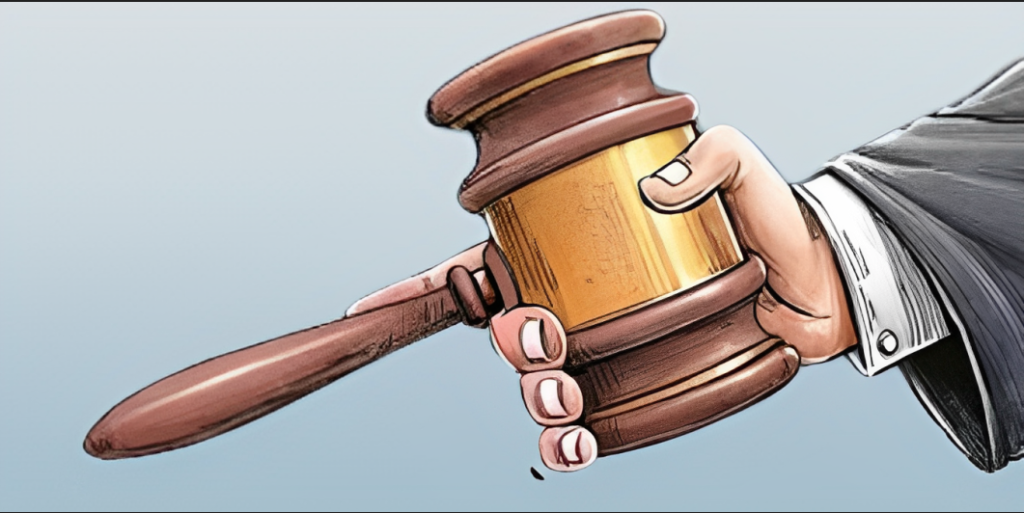
By K Raveendran
Four judgments from a five-member bench: that’s enough to indicate the complexities and confusion about the Supreme Court’s decision on the keenly-awaited same sex marriage issue. Overflowing with ‘agreements and disagreements’, the diverse verdicts, however, betray a certain degree of predictability.
As Chief Justice D Y Chandrachud began pronouncing his judgment, the import of what followed was quite clear. Given the CJI’s liberal approach towards social issues, the opening remarks themselves gladdened the hearts of the petitioner communities. There was an air of celebration all around as the affected communities expected a favourable decision. Justice Chandrachud and Justice Sanjay Kaul had no doubt in their mind that same sex couple had a legitimate right to civil union and issued a series of directions to the government and the police to ensure that to ensure that the queer community is not discriminated against because of their gender identity or sexual orientation.
The remarks and observations gave no clues to the coming anti-climax, with the other three judges on the bench expressing their disagreement with the CJI and his concurring fellow judge. The ultimate result was a verdict that disallowed same sex marriage as without legal sanction, with the apex court pronouncing that there was no fundamental and unequivocal right to marry in India. The court acknowledged that the queer community faced discrimination on several counts.
But instead of taking a decision to rectify the problem, the court preferred to leave the matter to the government and parliament, saying the court had no remit in it. It was like asking the government to provide a relief that it has all along been opposed to. In fact, the remarks in the verdict sounded more like a sermon from the pulpit rather than a pronouncement of decision by the highest court of the land.
The court rejected the notion that same sex marriage was an urban elitist concept. “It is not only the English speaking man who lives in a metropolitan city with a white collar job who can lay claim to being queer, but it can also be a woman who works in an agricultural farm,” wrote the CJI. “We have no hesitation in agreeing that queerness is a natural phenomenon that is neither urban or elite,” concurred Justice Ravindra Bhat, who had disagreed with the CJI in upholding the right of queer community to civil union.
The Centre had contended that marriage was ‘an exclusively heterogenous institution’, and argued that those seeking marriage equality in India merely represent ‘urban elitist views for the purpose of social acceptance’. The court had, however, expressed strongly against the argument during the course of the hearing. But when it came to the crunch, the court decided to leave it to the judgment of the government and the legislature.
This is unfortunately a very predictable approach. When there is a clash of constitutional morality with public morality, the judiciary has tended to, or rather pretended to look away. The court has expressed itself in no unequivocal manner that the queer community is denied due constitutional guarantees due to the government’s and society’s approach towards the LGBT community.
The resultant adverse impact suffered by the petitioners in relation to earned benefits, solely because of the State’s choice to not recognise their (social) union or relationship, is one which results in their discrimination. This discriminatory impact – cannot be ignored, by the State; the State has a legitimate interest necessitating action, Justice Bhat pointed out.
He referred to the restrictive way in which ‘dependent’ or ‘nominee(s)’ are defined (‘spouse’, or members of the family in a heteronormative manner) in schemes such as Provident Fund, Family Pension, Employees State Insurance etc., exclude their enjoyment to the intended beneficiary.
“The resultant adverse impact suffered by the petitioners in relation to earned benefits, solely because of the State’s choice to not recognise their (social) union or relationship, is one which results in their discrimination. This discriminatory impact – cannot be ignored, by the State; the State has a legitimate interest necessitating action,” Justice Bhat averred.
But all this was of no avail, when the court finally decided to leave things to the consideration of the government, an act which has disappointed the affected communities like nothing else in their fight for equality. (IPA Service)
The post Predictability About Judgments Does No Good To Credibility Of Judiciary first appeared on Latest India news, analysis and reports on IPA Newspack.


